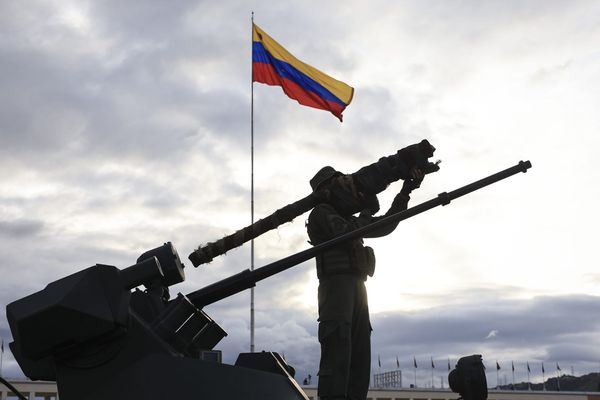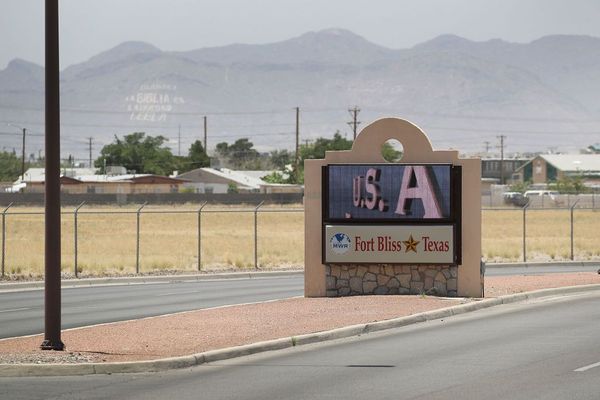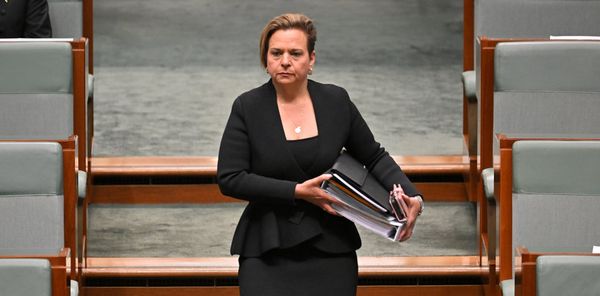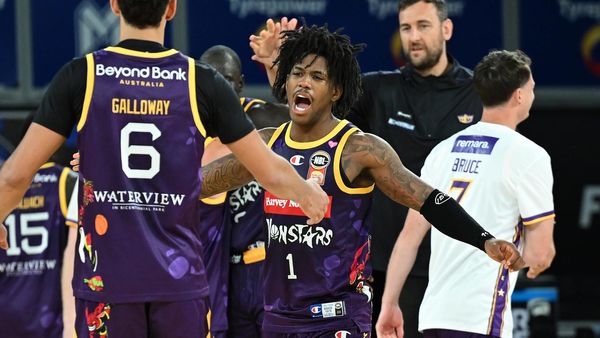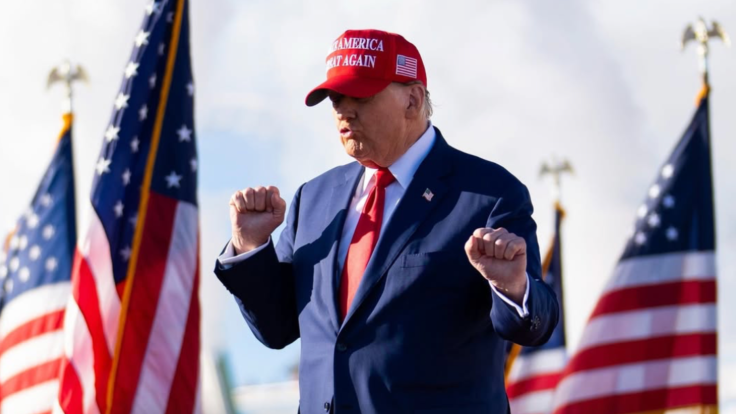
President Donald Trump has vowed to extend his federal crime-fighting initiative from Washington DC to Chicago, branding the city's mayor 'grossly incompetent'. He claimed residents were calling for outside intervention and hinted he would 'straighten that one out next'.
But no legal mechanism currently allows such an expansion. The remarks have sparked warnings of federal overreach into local government, highlighting the political clash between Trump's law-and-order message and constitutional limits on presidential power.
From Washington to Chicago
Earlier this month, Trump invoked the District of Columbia Home Rule Act to assume authority over the Metropolitan Police Department and authorised the deployment of nearly 2,000 National Guard troops. He claimed the intervention had sharply reduced violent crime and declared the capital 'safe again'.
Crime statistics, however, had already shown a steady decline before the takeover, according to The Guardian.
On 22 August, speaking from the Oval Office, Trump said he hoped to replicate the approach in Chicago. He described the city as 'a mess' with a 'grossly incompetent' mayor and suggested it would be 'straightened out next'. He also claimed, without evidence, that Chicago residents, particularly African American women, were appealing for federal help.
Legal Constraints and Political Pushback
Unlike Washington DC, where federal authority is constitutionally defined, cities such as Chicago fall under state jurisdiction. Any direct intervention would require cooperation from the Illinois governor or a national emergency declaration, both of which would face significant legal and political hurdles, Axios reported.
Chicago's mayor, Brandon Johnson, dismissed the remarks as 'uncoordinated, uncalled for and unsound'. He pointed to recent reductions in violent crime, citing official figures that show homicides down 30 per cent, robberies down 35 per cent and shootings nearly 40 per cent lower than the previous year, according to Fox News.
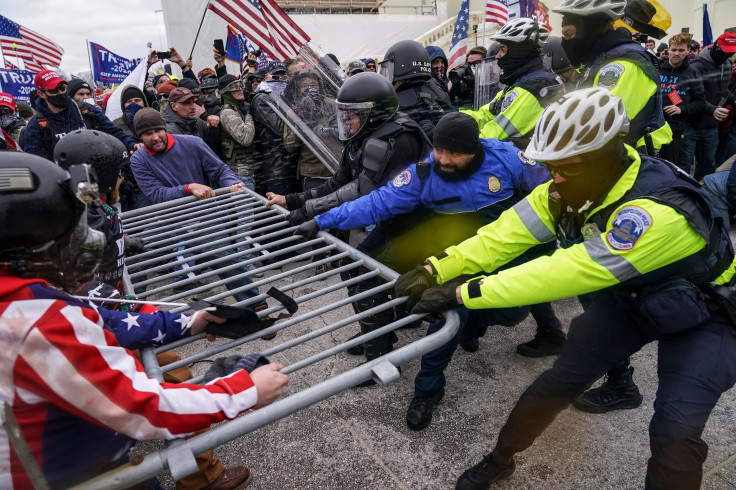
Political Theatre or Genuine Plan?
Trump's comments are about political positioning as policy, according to the New York Post. He has sought to present his Washington operation as a success and has floated the idea of seeking congressional approval to cement federal control in the capital. He indicated this could provide a model for extending authority elsewhere.
Legal experts caution that applying such measures to Chicago would almost certainly be challenged in court. They point to the Tenth Amendment, which reserves powers not granted to the federal government for the states, and to the Posse Comitatus Act, which restricts the use of federal troops in domestic policing. Both provisions would make it difficult for Trump to impose federal control on a US city, Reuters reported.
What Happens Next
At present, Trump's pledge to federalise Chicago remains a political statement rather than an actionable policy. Critics argue that crime in Chicago, contrary to his portrayal, has been falling and that the city has not requested federal military involvement. For UK readers, it is worth noting that while policing in Britain is overseen by local forces under national legislation, there is no direct equivalent to the kind of federal-local conflict seen in the United States.
For now, the controversy highlights a broader political battle: Trump's effort to cast himself as a national strongman on public safety, and the resistance of local officials who argue that city governance must remain in local hands. Whether the issue fades as campaign rhetoric or develops into a legal clash will depend on how far Trump chooses to push his claims of authority.
